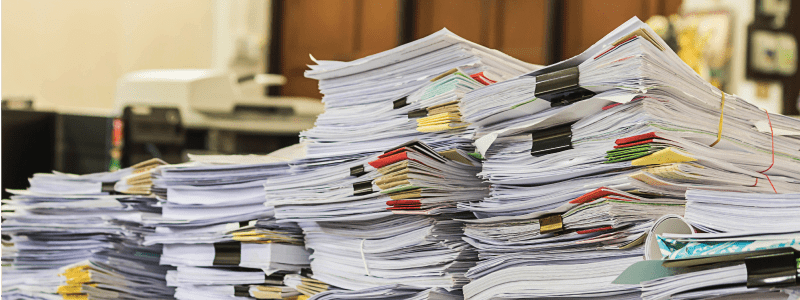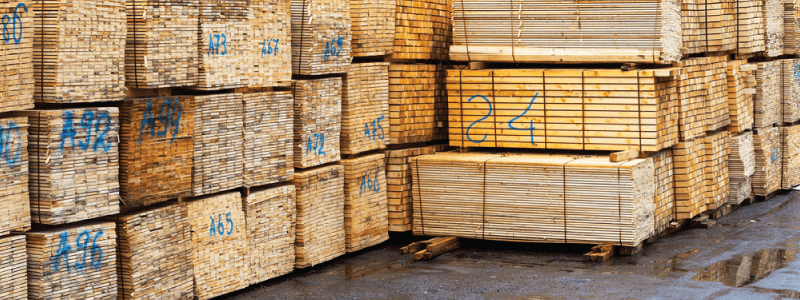
Our 4 Top Tips To Reducing Corporate Waste
21st Feb, 2018
Corporate and commercial waste can be a big problem for many businesses. British law means that companies have a duty to appropriately dispose of their waste – and quite right too! – but that doesn’t stop it from being a bit of a headache for many bosses. Here at Skip Hire Network, we’re the first choice of many businesses for disposing of commercial waste (our customers include Vodafone, United Utilities and Forest Holidays), so with that in mind we thought it was worth sharing our four top tips for tackling your commercial waste.
1. Do Your Research Early – How Much Do You Really Need?
Well before you get to the stage of hiring skips, it’s important to pay attention to the stats. Over-ordering materials is to blame for a nasty 60 million tonnes of building materials being sent straight to landfill every year. For reference, that weight is roughly equal to about 8200 Eiffel Towers – so quite a lot! As the first step to reducing this waste, you’ll want to take a careful review of how much raw materials you order every year, and try and scale it down to only as much as you need. For a construction merchant this can mean building materials, while paper is by far the biggest equivalent expense for the average office.

2. Think Sustainably – Reuse and Recycle
For the materials you do end up ordering, you can make yourself great savings (as well as helping out the environment) by reusing and recycling as much as you possibly can before you hire a skip. It almost always takes far less energy to create recycled materials than it does to create ‘virgin’ materials, which in turn makes them cheaper. And obviously, extending the lifespan of your existing materials can help save you money in the long term, as you’ll need to make new purchases less often.
3. Introduce A Waste Reduction Programme
It’s always easier to achieve a goal when you’re working toward it as a team, so you may well find that introducing a dedicated waste reduction programme can get you to your sustainability and recycling goals far more quickly and with far less effort. You might choose to allocate different sustainability goals for different departments, or appoint a waste management co-ordinator who can identify local recyclers. Ultimately, building co-operation and communication amongst your team is the key to a successful programme.

4. Separate Waste And Store Your Materials
Really this will come under your waste reduction programme, but it’s such a key step that we thought it was worth particularly highlighting. Businesses across a range of industries are all equally guilty of haphazard storage. First and foremost, this can be dangerous, as precariously stored materials are liable to cause injury to someone who’s not properly prepared to deal with them. Even if an employee avoids injury, it can also potentially damage the materials themselves, and if the damage is bad enough to necessitate their disposal, that’s a classic case of unnecessary wastage! Weather isn’t usually friendly in these circumstances either – timber and paper, for example, can easily be ruined by rain.
Creating a dedicated, flat-level storage area for palletised stock, and an off-ground, covered area for plasterboard, timber and similar materials can protect them from damage, both saving you money and guaranteeing the safety of your employees as a handy bonus. (We went into more details in a few previous blog posts on the best way to properly store materials.)

When the time comes that you’ll finally need to throw something away, here at Skip Hire Network we’re dedicated to providing you with the best possible service for hiring a skip. What’s more, we recycle as much of our waste as we possibly can – so working with you, we can achieve a near total rate of efficient recycling. You can click here for more reasons to pick us, or just enter in your postcode and phone number for an instant online quote for skip hire.